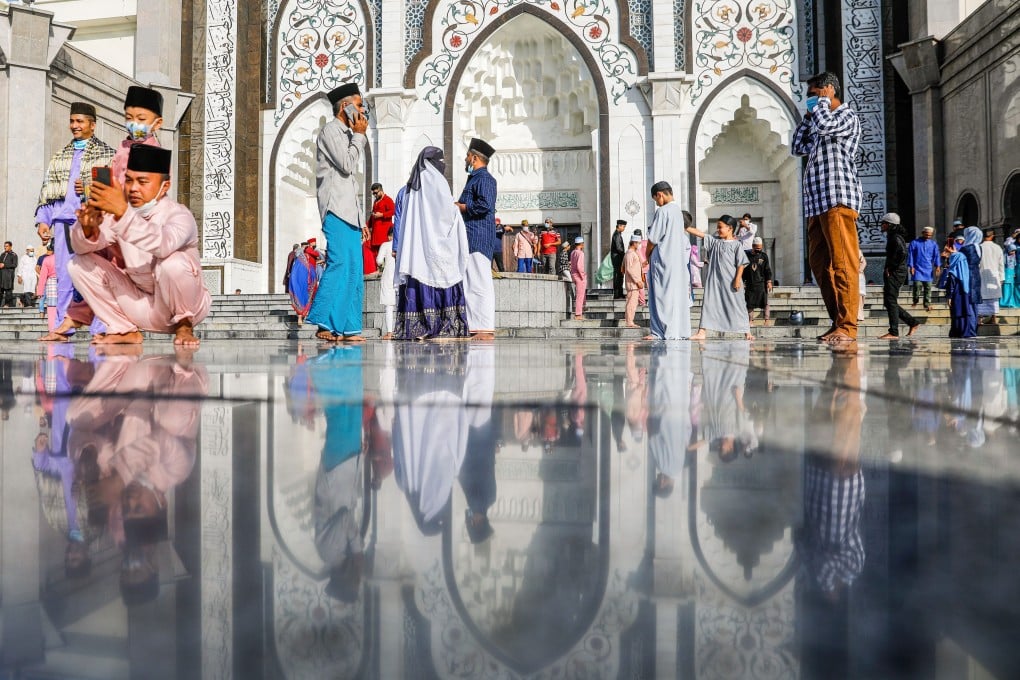Advertisement
Explainer | Who is PAS, the party with the most seats in Malaysia’s new parliament?
- PAS, one of the parties in ex-premier Muhyiddin Yassin’s Perikatan Nasional coalition, has long unnerved Malaysia’s minority groups with its hardline Islamist stance
- Fuelled by support in Peninsular Malaysia’s northern and eastern regions, PAS could deepen its conservative agenda after last week’s polls, say experts
Reading Time:4 minutes
Why you can trust SCMP
6

When Malaysians went to the polls on November 19, observers predicted that a hung parliament was inevitable given such a splintered political landscape.
People angered over polarising political rhetoric, corruption and instability looked to pledges of good governance from long-time opposition chief Anwar Ibrahim’s Pakatan Harapan (PH) alliance, which eventually won 82 out of the 222 seats.
Meanwhile, citizens from mostly rural areas were voting along nationalist and religious lines, with Perikatan Nasional (PN) campaigning on warnings that Malay-Muslims would lose their privileges if multiracial PH won.
But what surprised even seasoned analysts was the number of seats won by the Islamist Parti Islam Se-Malaysia (PAS), one of the parties in ex-premier Muhyiddin Yassin’s PN coalition and a group so hardline that its most strident critics have labelled it the “Malaysian Taliban”. Of the alliance’s 73 seats, 49 were won by PAS candidates.
Advertisement
As Anwar pieces together his new administration after being appointed by the king on Thursday, This Week in Asia looks at the key questions: Who is PAS, how did it gain influence, and how will it fare in a parliament where Anwar’s unity government has two-thirds majority?

How significant is political Islam in Malaysia?
Political Islam has been a mainstay in Malaysian politics since the country’s independence from Britain in 1957, though the Barisan Nasional bloc and its anchor party Umno – the country’s longest-serving political force – have tended to lean towards Malay nationalism rather than religious fervour to win heartland votes.
Advertisement
Select Voice
Select Speed
1.00x